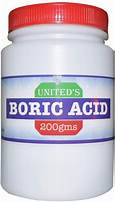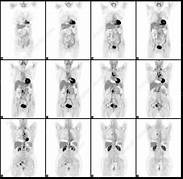Is Boric Acid Dangerous to Pets?
Boric acid is a common household cleaner that can be found in a variety of products, including laundry detergents, dishwashing liquids, and oven cleaners. While it is generally safe to use around pets when used as directed, there are some potential risks that pet owners should be aware of.

Toxicity
Boric acid is toxic to pets if ingested. The amount of boric acid that is toxic to a pet will vary depending on the size and species of the animal, as well as the concentration of boric acid in the product. Symptoms of boric acid poisoning can include vomiting, diarrhea, abdominal pain, weakness, and seizures. In severe cases, boric acid poisoning can be fatal.
Skin and Eye Irritation
Boric acid can also cause skin and eye irritation in pets. Symptoms of skin irritation can include redness, swelling, and itching. Symptoms of eye irritation can include pain, redness, and swelling. If your pet comes into contact with boric acid, immediately rinse the affected area with water and seek veterinary attention.
Precautions
To prevent boric acid poisoning in pets, keep all boric acid products out of reach of animals. Do not use boric acid products on surfaces that pets may come into contact with, such as floors, countertops, and tables. If you must use boric acid products around pets, make sure to dilute them according to the manufacturer's instructions. If you suspect that your pet has ingested boric acid, immediately seek veterinary attention.
Treatment
If your pet has ingested boric acid, the veterinarian will likely induce vomiting and administer activated charcoal to help absorb the toxin. Intravenous fluids may also be given to help flush the toxin from the body. The prognosis for boric acid poisoning depends on the amount of boric acid ingested and the severity of the symptoms. With prompt treatment, most pets will make a full recovery.
Conclusion
Although boric acid is generally safe to use around pets when used as directed, there are some potential risks that pet owners should be aware of. By following the precautions outlined above, you can help prevent boric acid poisoning and other health problems in your pet.
Declaration: All article resources on this website, unless otherwise specified or labeled, are collected from online resources. If the content on this website infringes on the legitimate rights and interests of the original author, you can contact this website to delete it.





